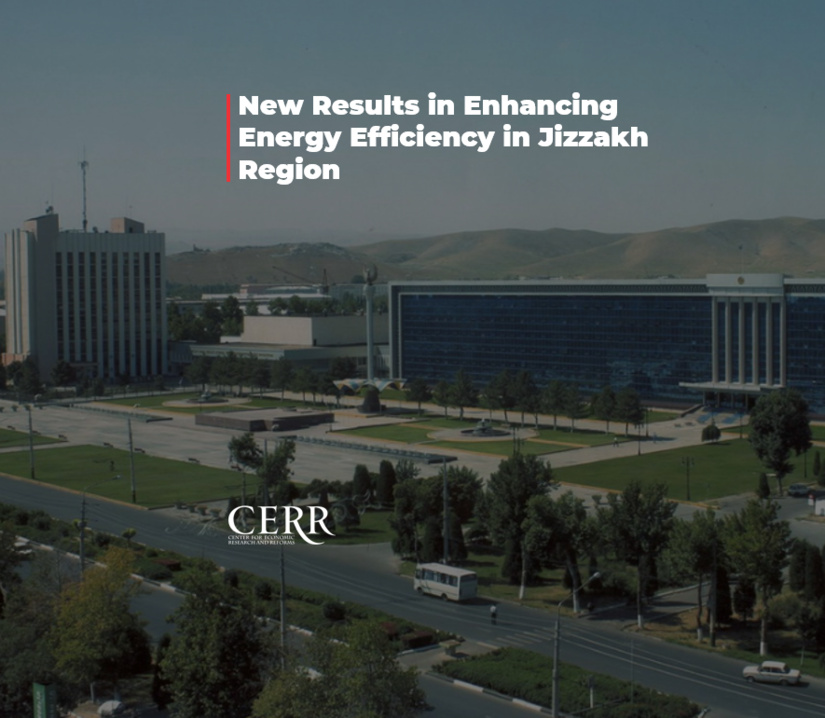The study was conducted on the basis of population surveys, open data from the State Committee on Statistics, as well as information from local hokimiyats.
Key Indicators
In 2025, 134 residential buildings comprising 5,700 apartments are being constructed in Jizzakh region. These buildings are being equipped with automated heating systems, LED lighting, solar panels, and modern heat-insulating materials.
According to the State Committee on Statistics, in 2023 electricity consumption per capita in the region amounted to 1,376 kWh, placing Jizzakh region 8th among the regions of the country.
Survey results indicate that the average housing area is 128 m². There is a growing trend toward modern renovation of houses and equipping them with energy-efficient appliances.
Solar Energy – New Opportunities
Between May and July of this year, a total of 5 MW of solar panels were installed across state institutions and private households in the region. Of this capacity, 2 MW were installed at state and social facilities, and 3 MW in residential homes.
Households with installed solar panels reported a significant reduction in electricity expenses. The majority of survey participants expressed an intention to further adopt solar panels and other “green” technologies in the future.
International Experience
According to World Bank estimates, every 1 US dollar invested in energy efficiency generates an economic return of 3 to 5 dollars. In developed countries, preferential loans and subsidies are widely used to support households living in energy-efficient housing.
Examples include Germany’s Heating Optimization program (Heizungsoptimierung) launched in 2016, the Czech Republic’s New Green Savings program (Nova zelena usporam), and Ukraine’s Warm Loans program (Tepli krediti), which started in 2014.
Conclusions
The initiatives being implemented in Jizzakh region contribute not only to reducing household expenses but also to building modern and sustainable infrastructure. The introduction of energy-saving technologies and solar panels improves the quality of life for local residents and contributes to environmental sustainability.
The CERR analysis shows that public and business interest in modern energy-efficient solutions is growing, marking the beginning of a new stage of “green development” in the region.
CERR Public Relations Sector





















leave a comment